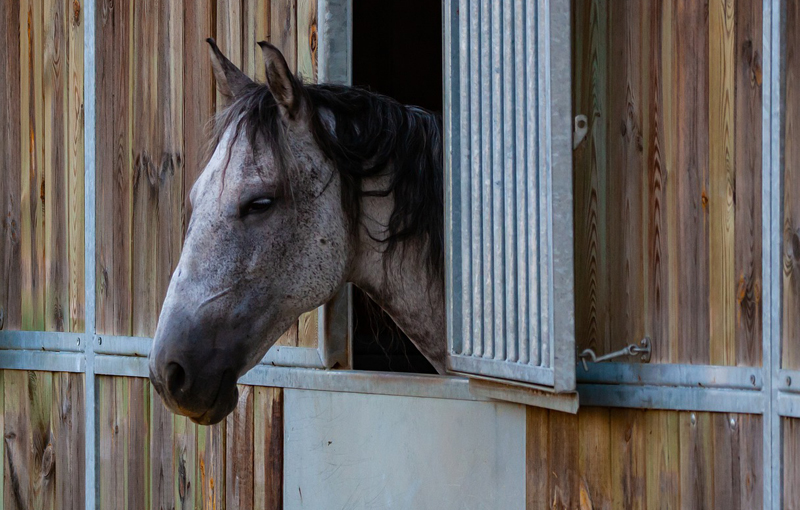In 2005, the Ontario Trails Strategy was introduced. This long-term plan set out directions for planning, managing, promoting and using trails in Ontario. Part of this plan includes Bill 100, the Supporting Ontario’s Trails Act.
On February 18th, Bill 100 underwent its second reading at the Legislative Assembly of Ontario, where the purposes of the Act were outlined as follows:
– To increase awareness about and encourage the use of trails
– To enhance trails and the trail experience
– To protect trails for today’s generation and future generations
– To recognize the contribution that trails make to quality of life in Ontario
Jack deWitt, president of the Ontario Trails Council and head of the Canadian Recreational Horse & Rider Association, said this is just the first step to improving the trail system for recreational users, including trail riders. “It is designed to create additions to trails where there are gaps,” he said.
Traditionally, trail users and recreational clubs have sought permission from landowners to cross private land in order to access the trail system. These informal landowner agreements are common and will continue to exist. However, the Act suggests that landowners agree to register easements, which would see the landowner turning over a certain amount of their land to a club officially. Such an agreement would be drawn up by a lawyer, and would include the term length and specified use of the property. That piece of land would then become the responsibility of the club to maintain.
There has been some opposition to the Act, according to deWitt, who said some farmers are concerned about the wording surrounding the suggested easements. However, deWitt said it is not the intention of the Act to force landowners to turn over their land. He stressed that registering easements is voluntary and would only serve to protect the trail system in the future.
The next step for Bill 100 is a third reading at the committee level, said deWitt, where any number of changes or addition can be made to the Act. He added that “there is still work to be done.”
The final step in becoming an official is for the legislature to vote on the revised Act and for it to gain Royal Assent. There is no word on the timeline for this process, however. “I have been at this since 2005,” said deWitt. “It’s been a long time coming.”
More from Horse-Canada:




